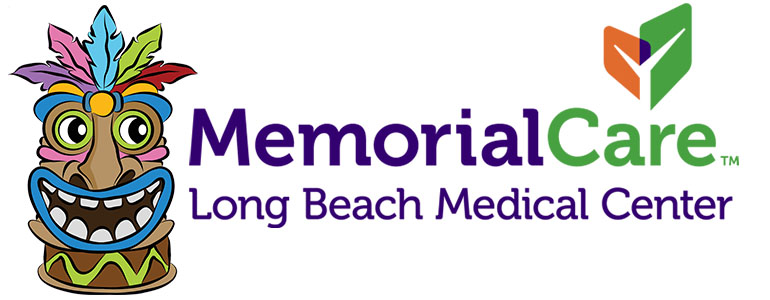
Every day, Andrew Yoon, M.D., medical director of the Heart Failure Program at the MemorialCare Heart & Vascular Institute at Long Beach Medical Center, strives to help patients who suffer from congestive heart failure. The Heart Failure Program has been available to patients since February 2020. Dr. Yoon is one of the only cardiologists in the area who is board certified in advanced heart failure treatment. The heart acts as a pump, sending blood throughout the body. Heart failure, also known as Congestive Heart Failure (CHF), occurs when the heart becomes weaker than normal and can’t pump enough blood to the rest of the body. A weak heart leads to a poorer circulation that can cause edema, or congestion, to occur in the lungs, arms and legs.
Heart failure is most commonly caused by coronary artery disease. However, there are many other causes of heart failure including congenital heart disease, heart valve disease, and poorly controlled high blood pressure. The field of cardiology has advanced so greatly that more people are surviving heart attacks than ever before. Though Dr. Yoon is grateful people are not dying from heart attacks as often as in the past, many of those patients unfortunately are left with weaker hearts, or heart failure, which contributes to the increasing number of Americans every year diagnosed with this condition.
It’s important to have this sub-specialty of cardiology, because heart failure is a chronic and often progressive disease. According to the Centers for Disease Control and Prevention, heart failure affects 6.2 million Americans. For a typical cardiologist practicing in the community, heart failure patients can be among their most challenging patients to both treat and keep out of the hospital. Heart failure is a leading cause of hospital readmissions, and is associated with an increased risk of sudden cardiac death.
“I assist the referring Cardiologist by helping them manage their heart failure patients, and providing an extra set of eyes and hands to watch over their patient’s wellbeing,” said Dr Yoon. “I can also help provide experience with ordering certain diagnostic tests or therapies that some community Cardiologists may not be as familiar with, such as starting and monitoring continuous IV medications that some of our sickest heart failure patients receive at home.”
Patients who come through the Heart Failure Clinic are given individualized care and treatments that can include medications, enrollment into heart failure clinical research trials, and referrals for appropriate heart failure-related procedures or surgery. Dr Yoon and the staff also educate the patients and their family members on lifestyle changes that help improve the heart failure disease process, including diet and physical activity recommendations. When patients are seen by a specialist like Dr. Yoon to care for their heart failure, it can improve the patient’s quality of life and reduce hospital re-admissions.
